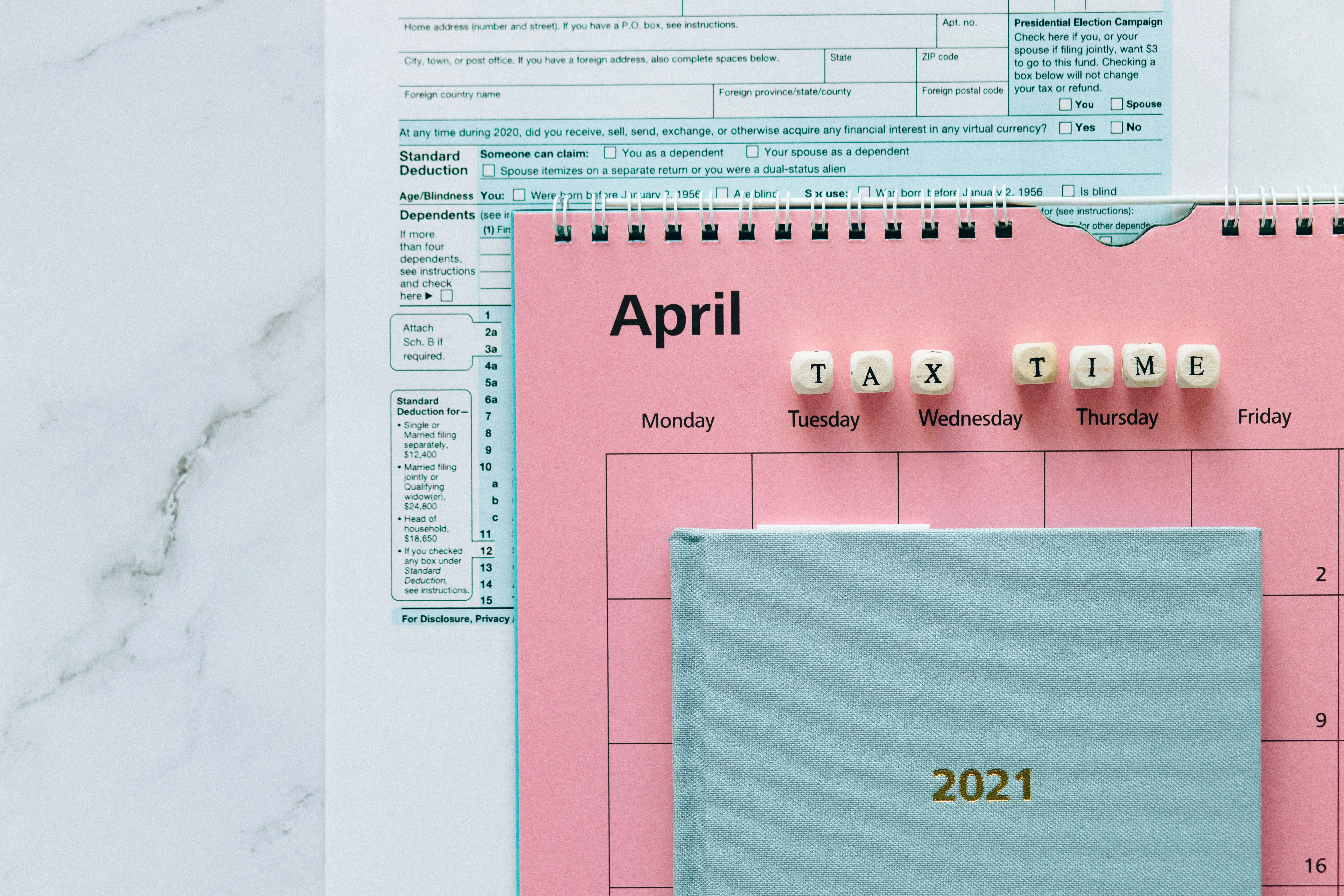History of Taxation
The permanence of death and taxes is not a new phenomenon in human civilisation. In fact, historians have argued that the roots of taxation can be traced back to ancient Egypt and ancient Greece. In colonial Kenya for instance, natives were subjected to a hut tax as a means of generating revenue for the colonial government. Today, Kenya operates using a self-assessment tax regime; this means that the government through the Kenya Revenue Authority (KRA) entrusts you to manage your tax affairs and be fully accountable by duly remitting tax due to the government voluntarily.
Tax compliance begins at knowing your obligations

 Just like motor vehicles consume either petrol or diesel based on the engine type and size, you are required to remit taxes based on your tax obligation. In Kenya, domestic taxes are classified as either direct or indirect taxes. Direct taxes include Income tax that is imposed on income derived from Business, Employment, Rent, Dividends, Interests, Pensions among others as stipulated in the Income Tax Act CAP 470.
Just like motor vehicles consume either petrol or diesel based on the engine type and size, you are required to remit taxes based on your tax obligation. In Kenya, domestic taxes are classified as either direct or indirect taxes. Direct taxes include Income tax that is imposed on income derived from Business, Employment, Rent, Dividends, Interests, Pensions among others as stipulated in the Income Tax Act CAP 470.
Examples of indirect taxes include Value Added Tax (VAT) when purchasing items at the supermarket or the excise duty you pay when consuming your favorite beverage at an entertainment establishment. There are various ways that KRA collects Income Tax and depending on your source of income, you are required to pay the taxes due at the prescribed rate and at the prescribed time.
Some Ways of Collecting Income Tax
PAYE for example is used to collect tax from those in gainful employment. Employers are required to register for this obligation and deduct taxes from employees using the prescribed rates. They are required to file on iTax & remit the deducted tax to KRA on or before the 9th of every month.
Taxation of Businesses
Similarly, entities and businesses are also subject to Income tax. This also includes individuals operating as sole proprietors or in partnerships, side hustles or part time businesses are included in this as well. Sole proprietors use their Individual PINs for all their transactions. Due to the self-assessment tax system referred to earlier, you need to keep track of your business expenses, profit, loss and basically a record of your business transactions.
Even small businesses are encouraged to keep simple records of their financials. This is a critical part of tax compliance as you will be required to file and pay taxes due based on this information.

VAT & Excise Duty
VAT is a tax charged on supply of taxable goods or services made or provided in Kenya and on importation of taxable goods or services into Kenya. Similarly, excise duty is imposed on goods manufactured in Kenya, imported into Kenya. The goods in question are both stipulated in their respective pieces of legislation (Excise Duty Act,2015 and VAT Act No 35 of 2013).
You MUST register your business for VAT if your annual revenue from the supply of the taxable goods & services exceeds Ksh, 5,000,000 annually. However, companies with a turnover less than Ksh. 5,000,000 may voluntarily register for the obligation on their own accord. Excise manufacturers and importers have to register to acquire a license after fulfilling certain requirements.
How to Comply

Compliance is always easier when you keep a record of your business transactions. Since 2015, filing of tax returns has been through the KRA iTax portal. Different obligations have different rates of tax, payment due dates and penalties of late non filing and late non-payment. Some Individuals & entities are required to file their Income Tax returns annually; Have you filed your 2021 income tax returns? The deadline is 30th June 2022.
Others, like those with Turnover Tax for example, which is charged at 1% of the gross monthly turnover, file their returns on or before the 20th of every month. One is deemed compliant if they fulfill the following three parameters:
- Filing of tax returns on or before the due date for all applicable tax obligations.
- Payment of tax on or before the due date.
- Clearance of all/any outstanding tax debt.
If you have a KRA PIN and you don’t know your tax obligation or your compliance status, visit any KRA office near you for assistance. Similarly, you can call the contact centre via +254 711 099 999, send a Twitter/Facebook message to the KRA official pages, email callcentre@kra.go.ke or chat with an agent via https://kenya-revenue-authority.custhelp.com/app/home.
By Kwaje Rading’
BLOG 27/04/2022

